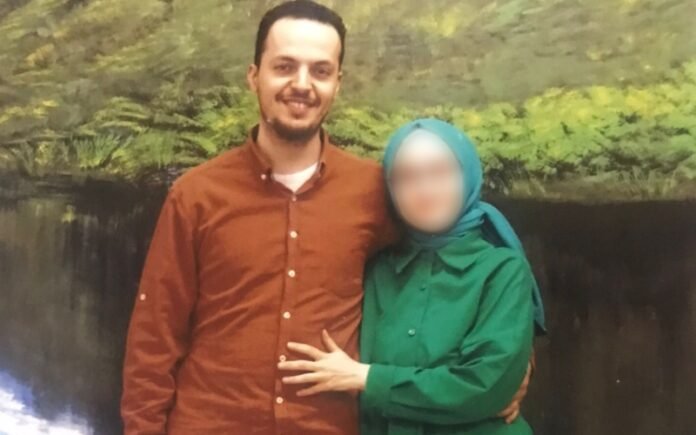Mustafa Aytaç, an ailing inmate at a prison in the western Turkish province of Afyon, is fighting cancer in handcuffs, the Kronos news website reported on Monday.
“He is lying in the hospital bed with his hands cuffed. This has deeply upset us. He can’t rest comfortably because of the IV in his arm,” a relative of Aytaç said. “We want to provide his post-hospital care and treatment ourselves. We urge the authorities release Mustafa.”
Aytaç was diagnosed with cancer in March and remains incarcerated despite a medical report indicating a high probability of death. He experienced a severe deterioration in his health and was hospitalized on July 24.
“He will stay in the hospital for a week,” the relative said. “We are worried that he will be taken back to prison once he is discharged.”
According to the medical report, it is crucial for Aytaç “to live in a clean, hygienic and uncrowded environment during [his treatment] for his health and well-being.” The report also says he requires support from a caregiver.
Aytaç’s family is especially concerned about the risk of infection due to a lowered blood count. He is reportedly in urgent need of a stem cell transplant to survive.
Aytaç was sentenced to over seven years in prison in 2022 due to his alleged affiliation with the faith-based Gülen movement for helping the families of people who were removed from their jobs by an emergency decree following a July 15, 2016 coup attempt as well as organizing religious gatherings with the members of the movement.
President Recep Tayyip Erdoğan has been targeting followers of the Gülen movement, inspired by Muslim cleric Fethullah Gülen, since the corruption investigations of 2013, which implicated then-prime minister Erdoğan, his family members and his inner circle.
Dismissing the investigations as a Gülenist coup and conspiracy against his government, Erdoğan designated the movement as a terrorist organization and began to target its members. He intensified the crackdown on the movement following the abortive putsch that he accused Gülen of masterminding. Gülen and the movement strongly deny involvement in the coup attempt or any terrorist activity.
Aytaç’s family has applied to Turkey’s Council of Forensic Medicine (ATK), a government institution that operates under the Ministry of Justice and is responsible for providing forensic medical expertise to the Turkish judicial system, for his release. However, the ATK has not yet responded to the application.
The ATK frequently comes under criticism over its questionable reports that find ailing inmates fit to remain in prison. Rights advocates slam the agency over its lack of independence from political influence and its role in compounding the persecution of political prisoners.
Turkey’s prison system is notorious for its poor conditions, particularly for ill inmates and the issue of overcrowding. Every year rights groups report the death of dozens of sick prisoners, either while behind bars or shortly after their belated release, which often comes at the end-stage of their illnesses.















